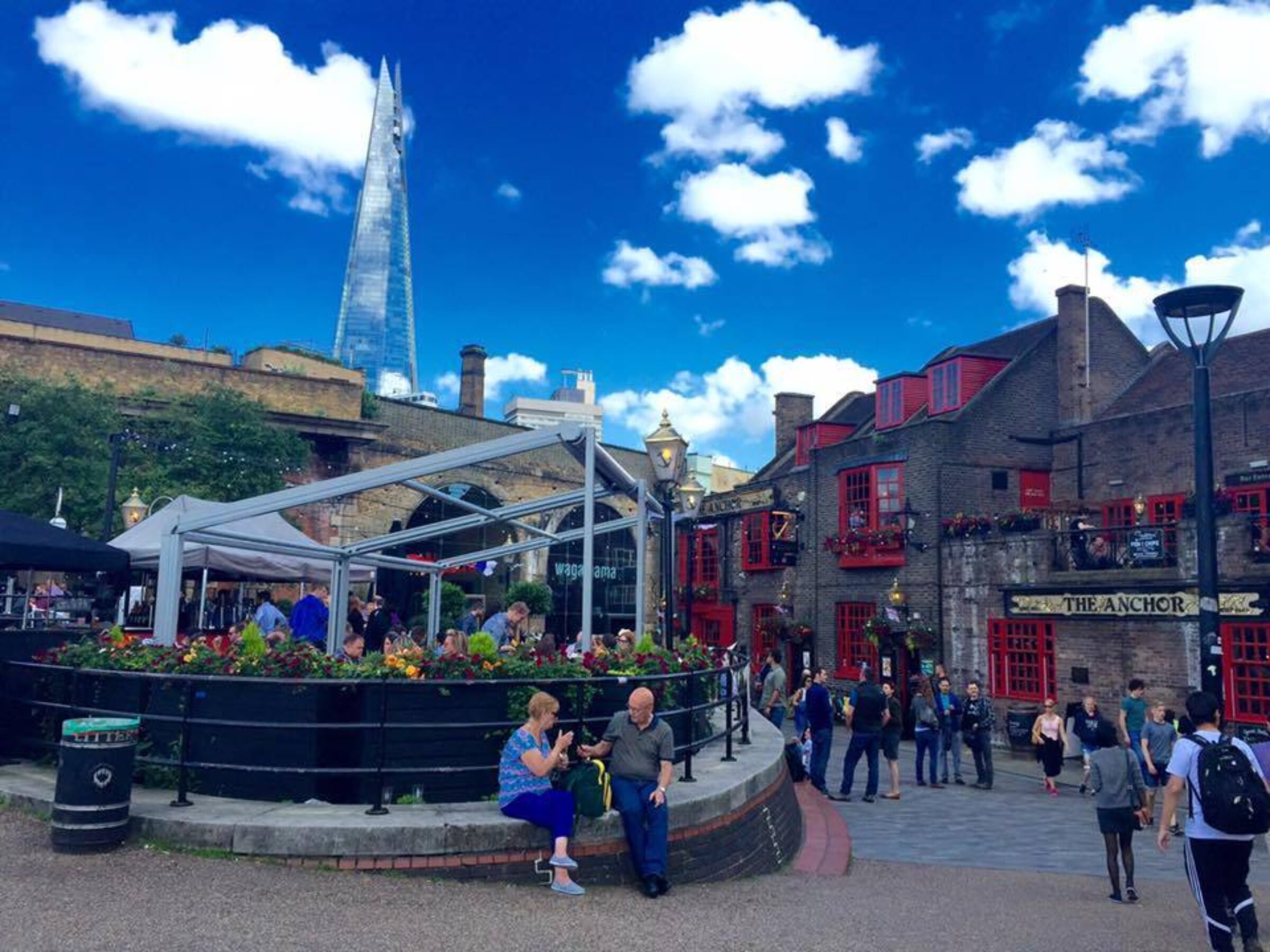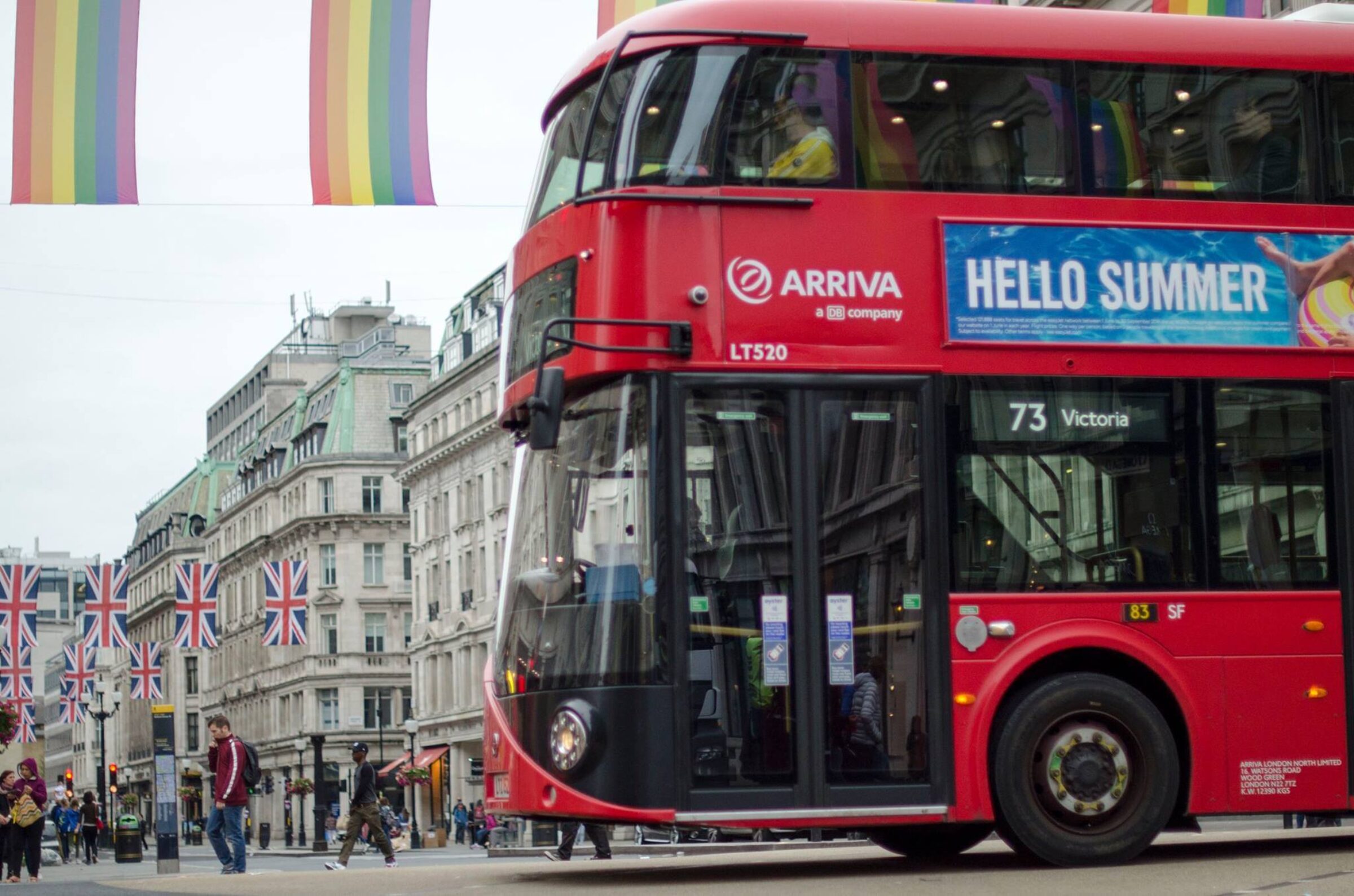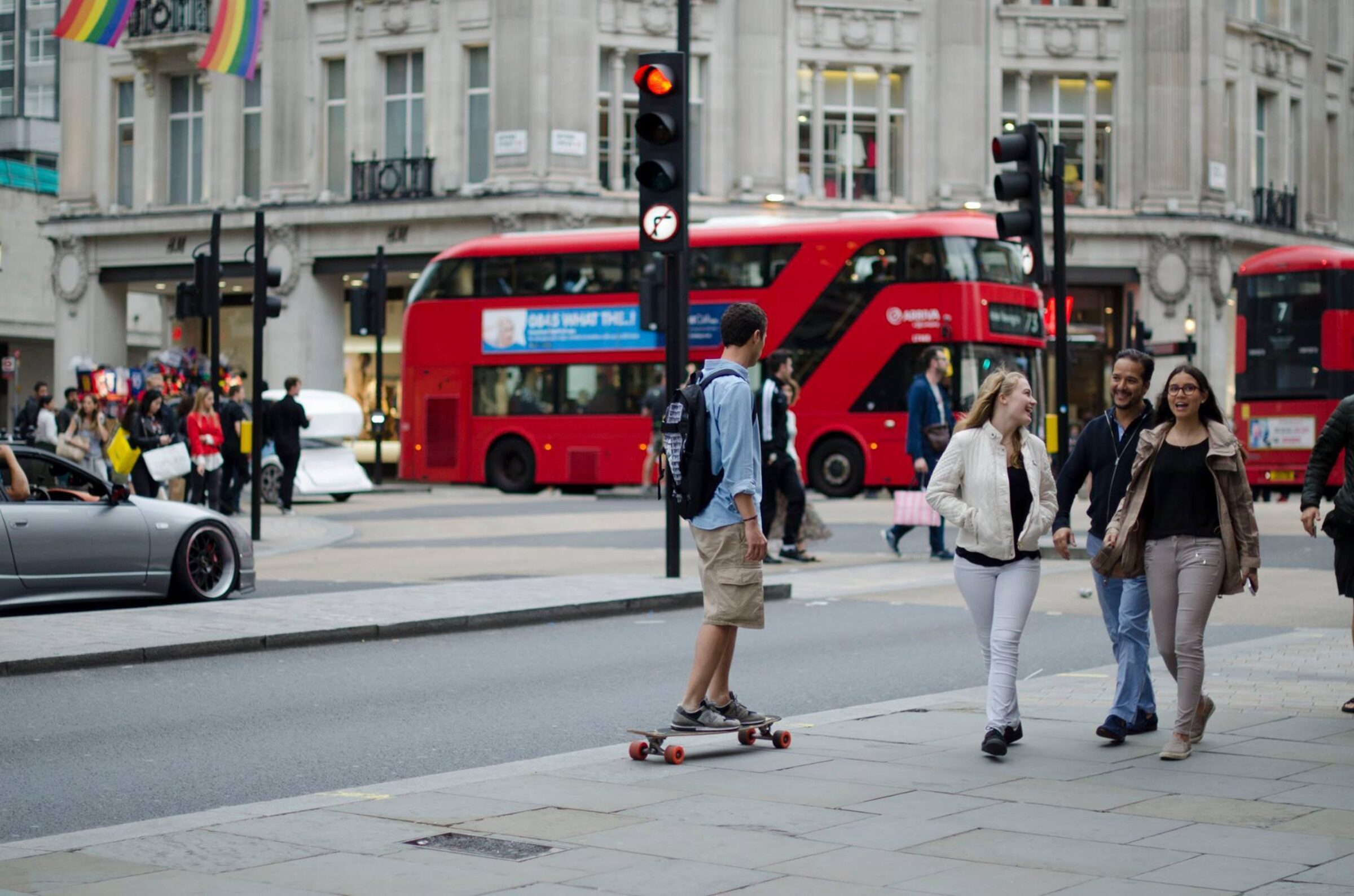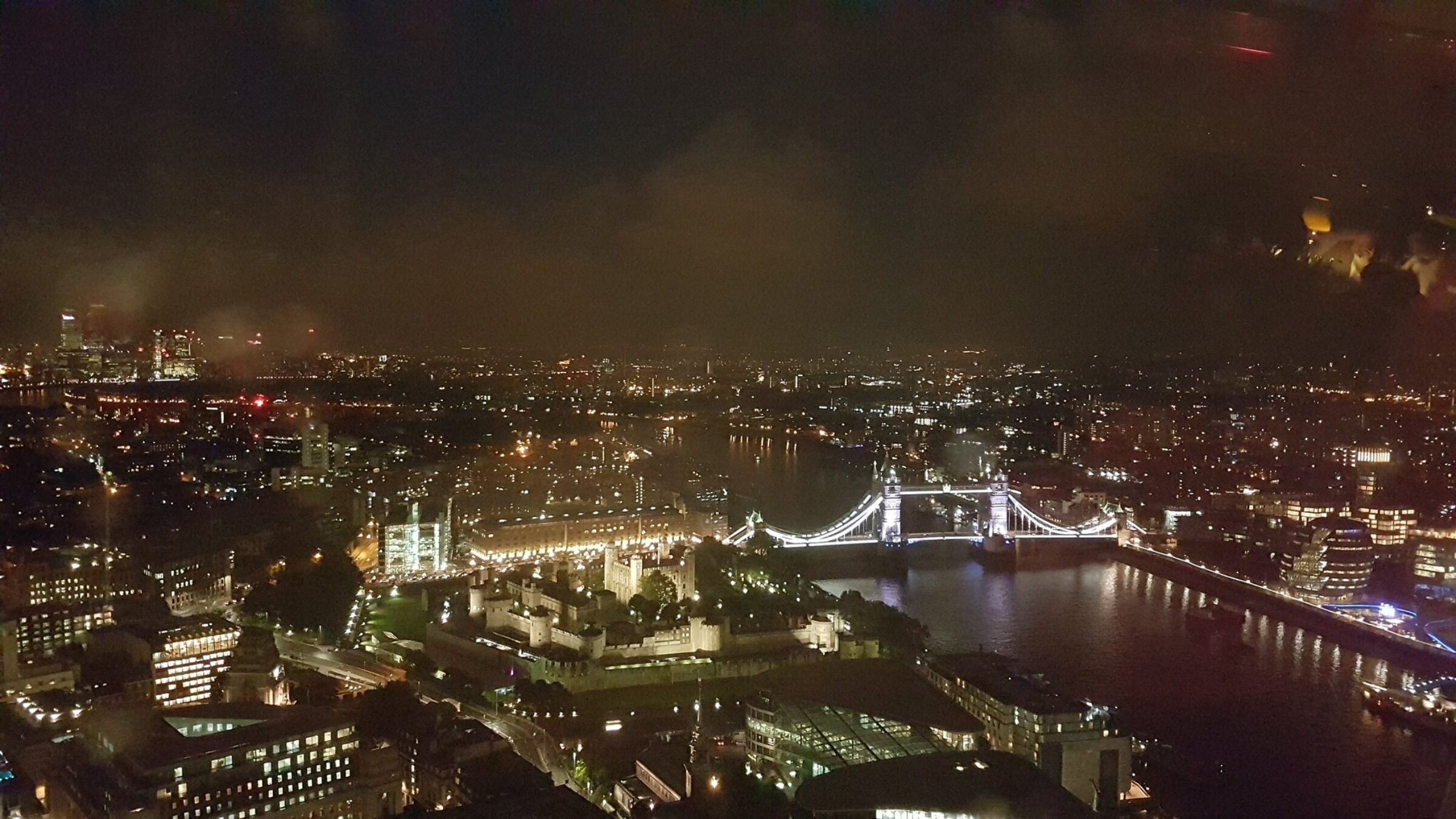The intricate nuances of British humour are a well-established entity in the comedy world. Laced with seemingly voracious sarcasm, self-ridicule to extreme degrees, and quirky one-liners left right, and centre, it is a genre that takes a pause to appreciate. To understand British humour, you have to let go of inhibitions, expectations, and preconceived notions about what you think funny should look like because the English have their own style to be appreciated and embraced. Here are the top tips for gaining some insight into this wonderful world.
Embrace the Sarcasm
Oh, the sarcasm. The British people really do love it, and if you throw in some irony then the sketch is just about the gold standard. Sarcasm, though widely considered rude, is actually one of the staples of British comedy. It is seen as witty, quick-thinking, and impactful in sketches, shows, and even stand-up too. As long as it doesn’t cross the line too much, sarcasm and irony are the perfect recipes for a successful English comedy scene.
Sarcasm is saying something misleading, for example, the opposite of what you intend, in a deadpan delivery. It can cause confusion (which is all part of the laugh) and has featured heavily in famous sketches for decades.
Irony is when the opposite unbelievable thing happens in place of what you might expect. For instance, winning the lottery and then dropping down dead.
Appreciate the Self-Deprecation
For any British sitcom to work, there has to be some level of self-deprecation going on in the dialogue. It is just an expected part that always guarantees a giggle from British audiences. So many programmes use this trope that it has just become part of the fabric of what makes top-tier entertainment in the eyes of the English. Of course, it will be dark sometimes, and it’s not everyone’s cup of tea, but it’s not meant to be taken seriously! The ultimate goal is to represent people who are able to laugh at themselves and not take life too gravely. The top forms of self-deprecation seen as humorous are:
- People or animals falling over in a comical way
- Things falling down
- Projects going wrong
- Outfit mishaps
- Funny sounding voices
Awkward, with a Side of Social Anxiety
Awkward humour rules the screens for British humour genres. If there is a social situation that you can turn into a scene filled with cringes, embarrassment, and mishaps, then it will happen. As established in the traditions of the Carry-On film genre, this has always been well received and still lives on to this day in so many new pieces. It is inescapable and plays on the fact that British people around the world are seen as, well, socially awkward and bound by the rules of etiquette. Whether or not these stereotypes are true, it certainly features heavily on screen!
Slapstick Rules the Day
Slapstick comedy is where every single aspect of the scene is exaggerated to the highest degree. This is especially relevant for any and all movements. Sometimes the scenes may be perceived as violent even, and this is just the nature of slapstick humour. Much like the allure of social embarrassment, slapstick genres have cemented firmly into the hearts of all classic comedies. Sketch shows of the past relied heavily on physical movement, and it was so well-liked that it never really left.
Swearing
If you have bashful ears, a lot of English comedy may not sit well with you. That is because there is so much casual foul language that it is hard to escape it. It is used as casually as breathing in some scenes and is entirely intended for comedic effect. This sentiment is perfectly executed in so many visions that it is safe to say that swearing will continue to be a big thing in British comedies in the years to come.
Satire
Let’s face it, if satire wasn’t a prominent feature of British comedic channels, then darkness would take over. Satire is needed to counteract all the ridiculous political situations, social events, and general society moments that are just unbelievable. Satire makes light of the world around us and has been a strong lead in a range of comedy from England since comedy began. It is, at its core, supposed to be a funny thing. Ultimately, it serves as a comment on society and current events and is a way for people to make light of the darkness that sometimes surrounds us.
Understanding British humour means taking yourself less seriously. There is nothing in this world that can’t be taken the mick out of, and if you cannot stand seeing socially awkward slapstick, then it’s time to look away. Most staple formats of comedy that have shone through as classic and even cultural reference points are laced with all these things. The British love to laugh at themselves, not take life too seriously and make light of any ordeal going on around them.














